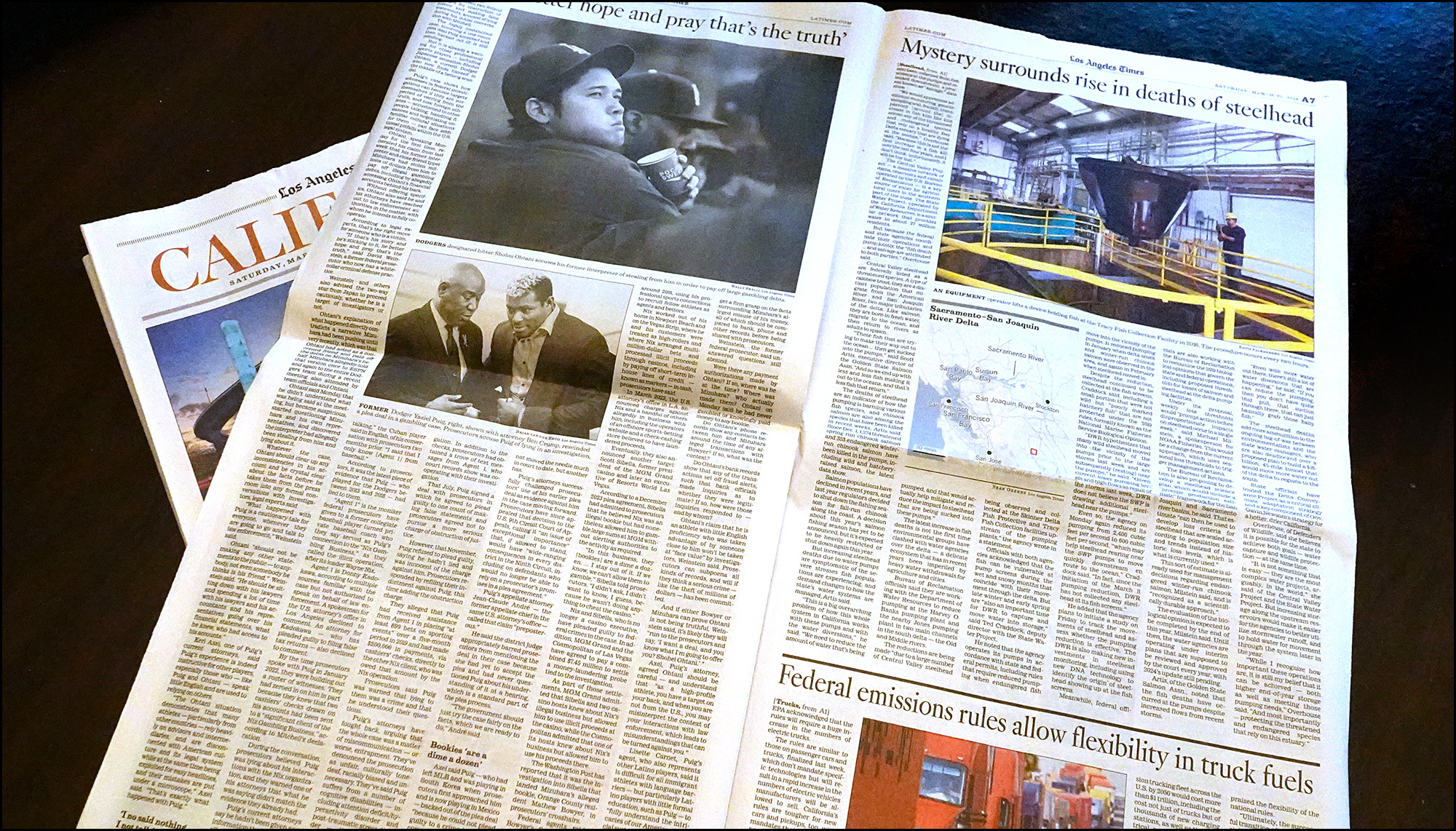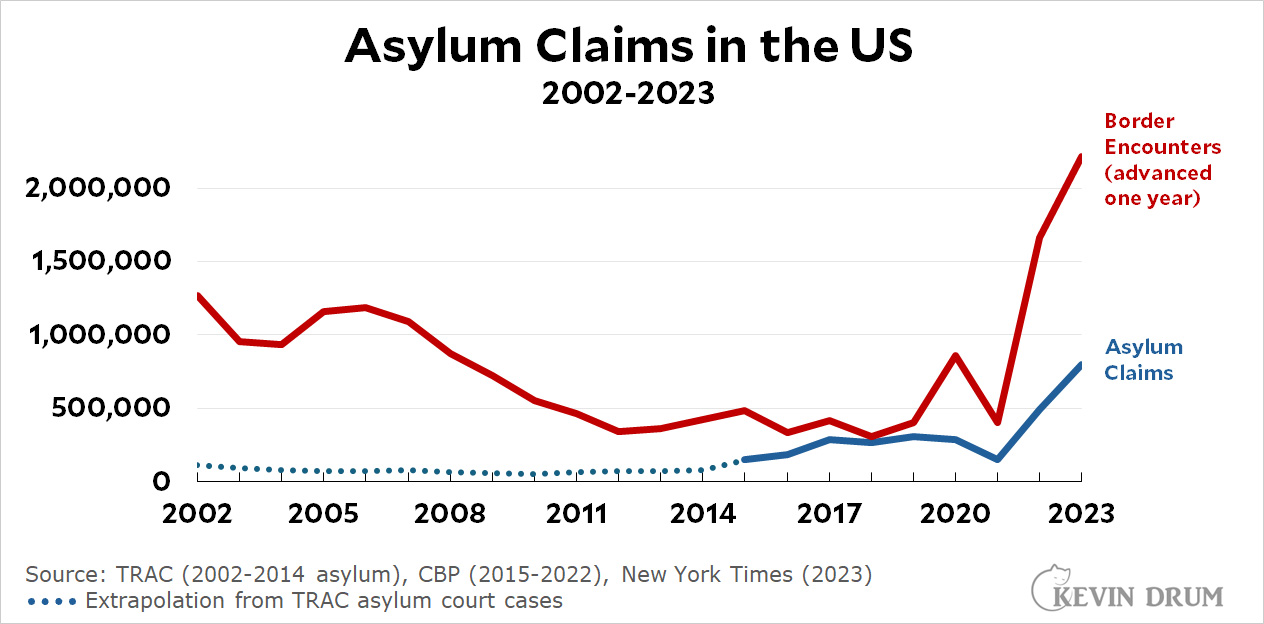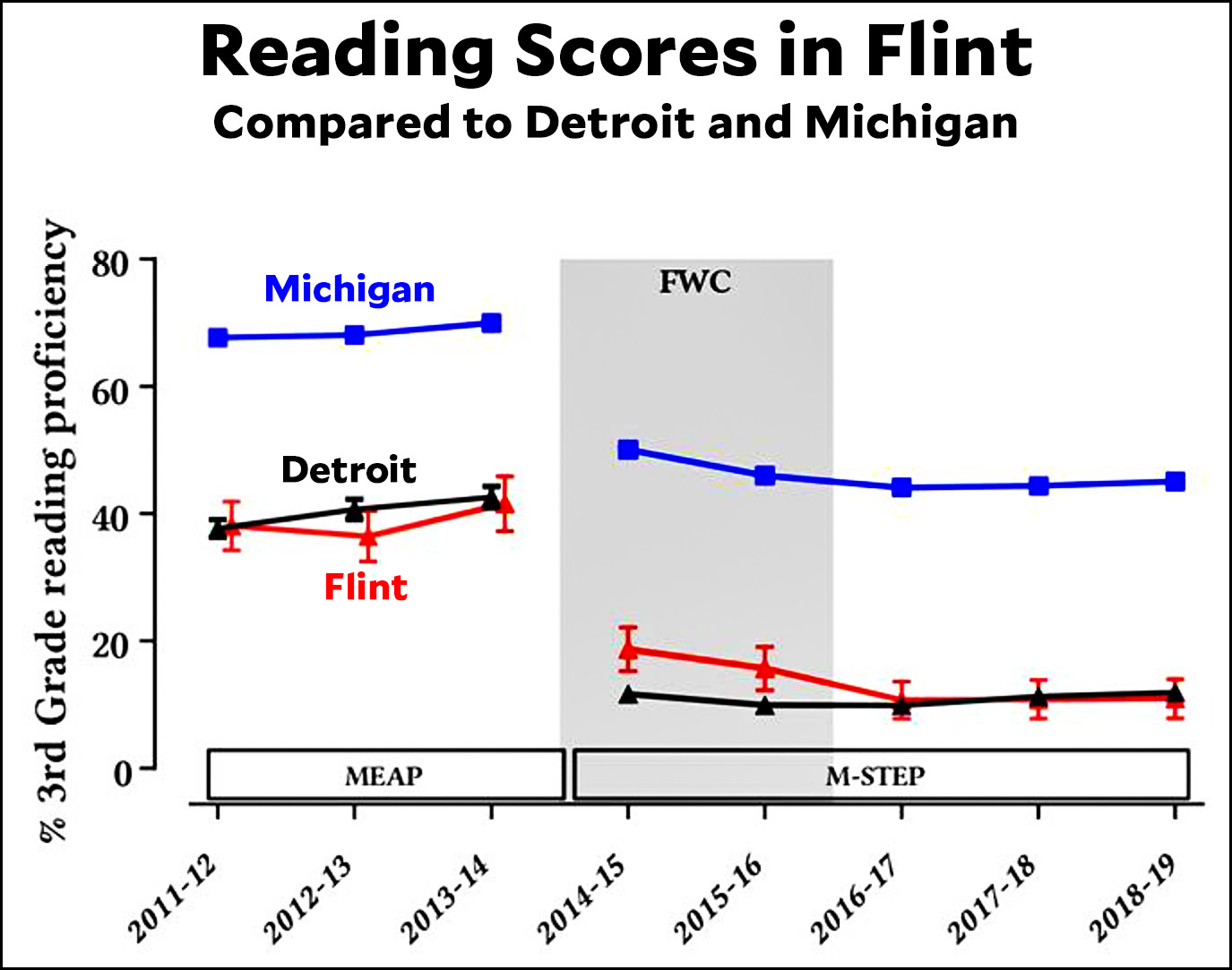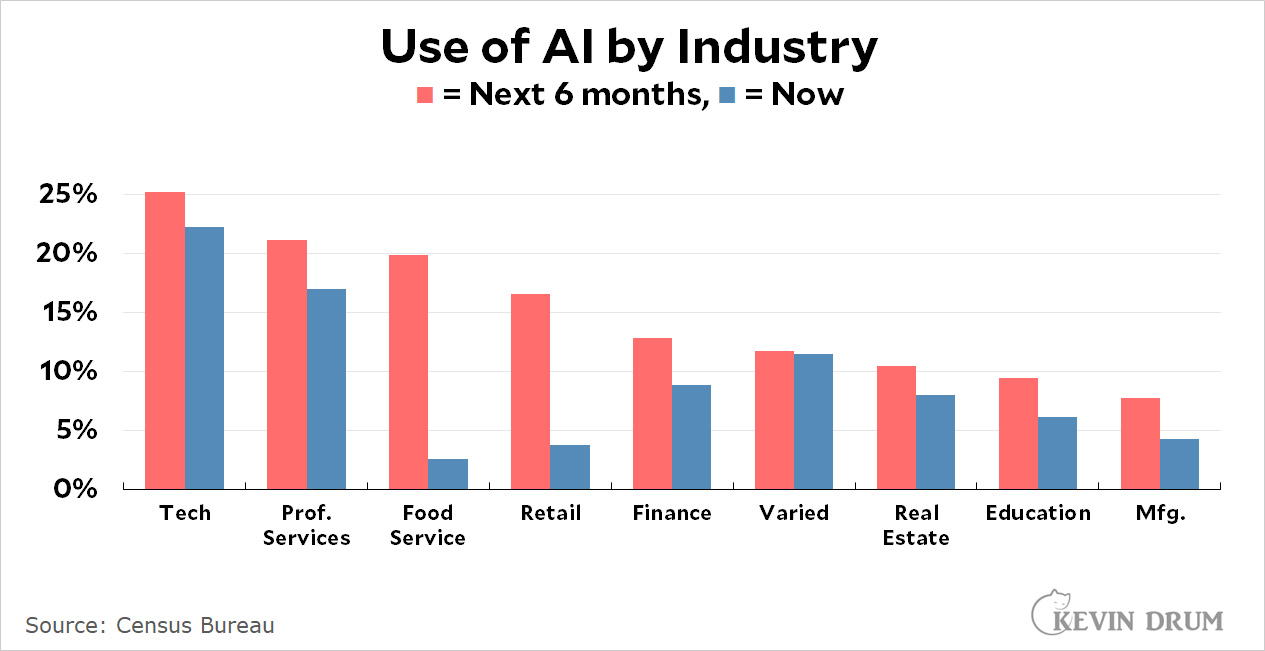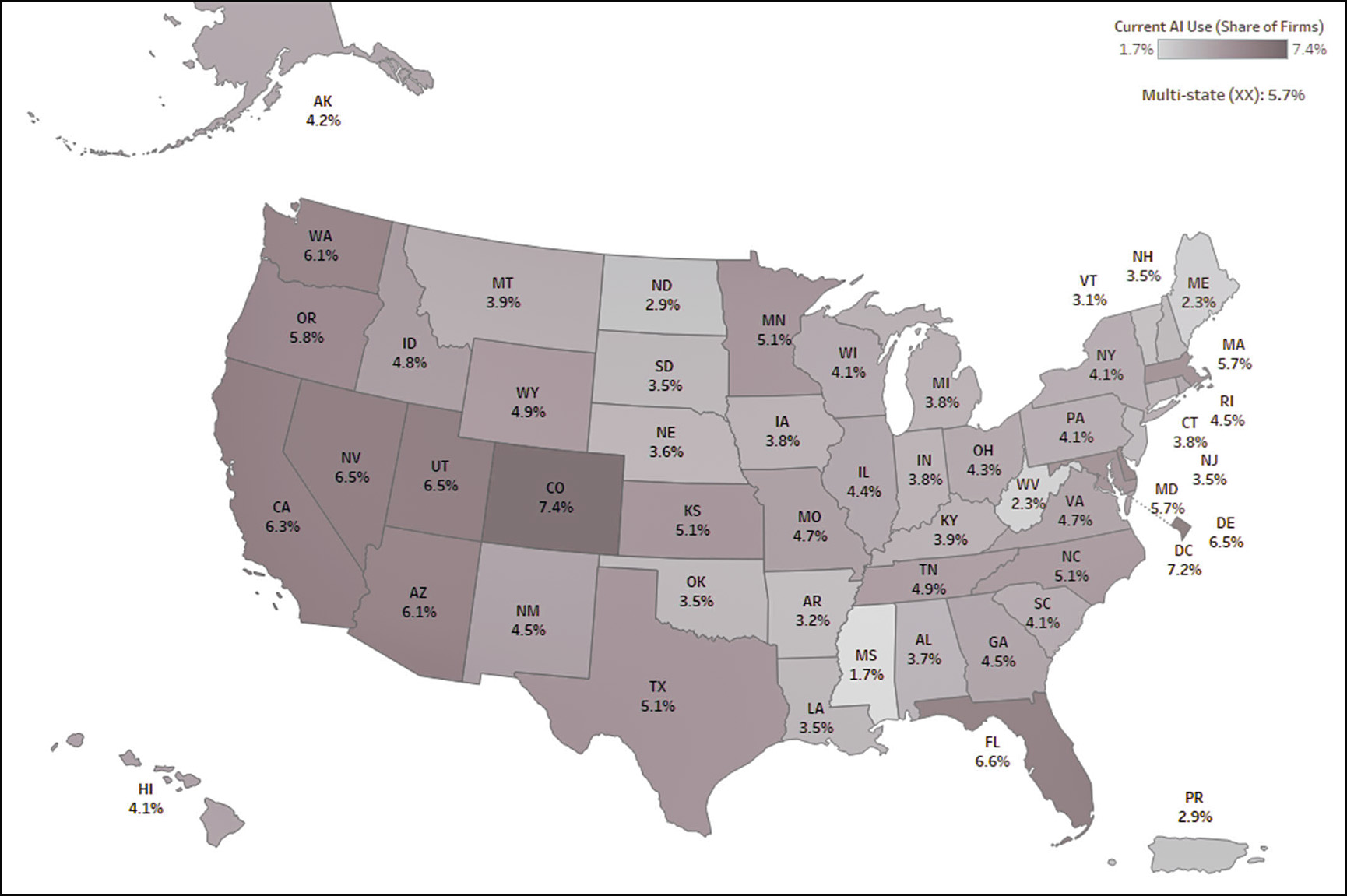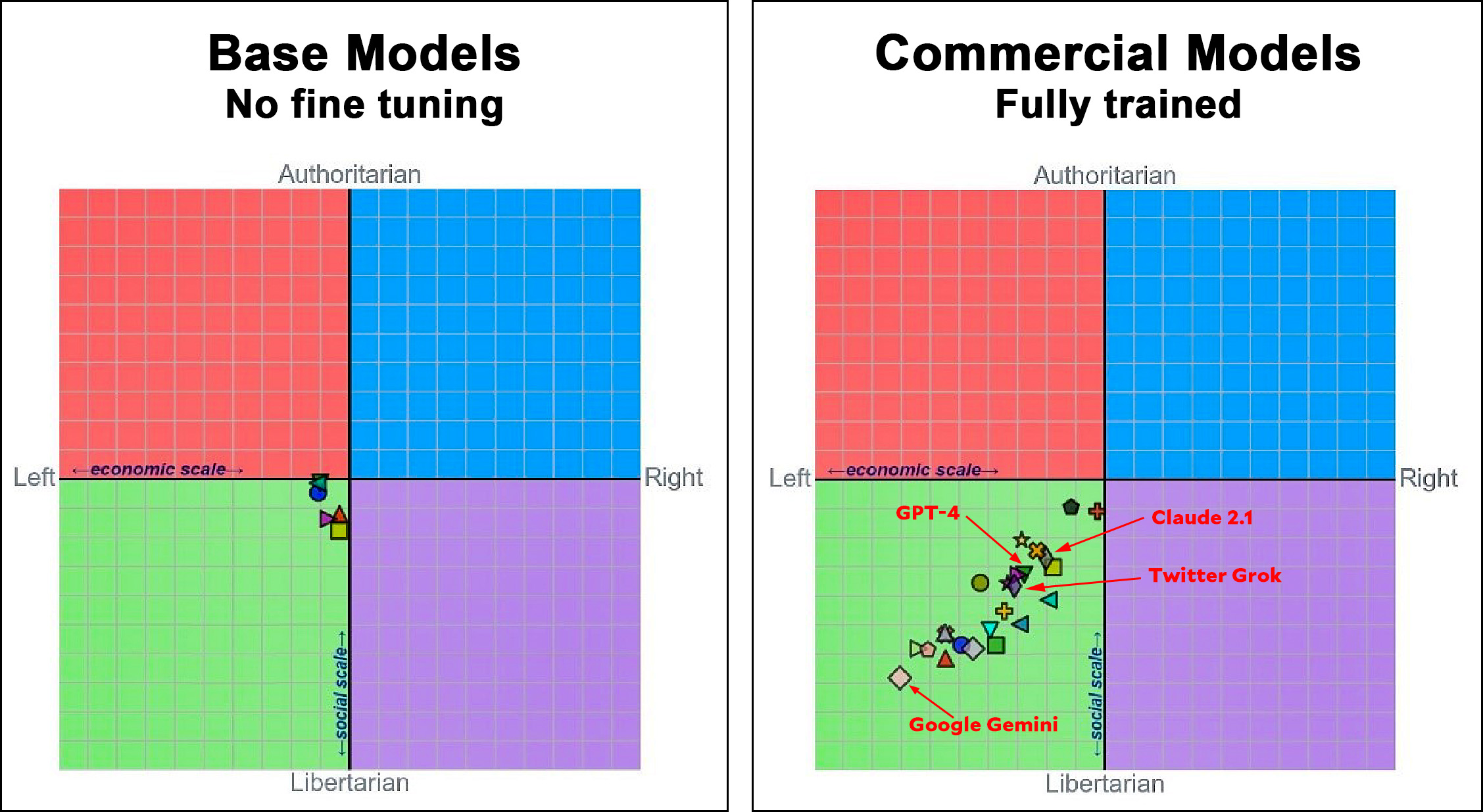Last year the Fed issued some new banking rules. Big banks didn't like them, so they teamed up a few weeks ago with the US Chamber of Commerce to sue. They chose to file their suit in Amarillo, Texas, where it was guaranteed to be heard by Matthew Kacsmaryk, a reliable Republican judge.
The Chamber of Commerce did the same thing in February when it sued the CFPB over late fees, but it got a shock: the reliable Texas judge in the case ruled that since the Chamber, the CFPB, and nearly all the lawyers in the case resided in Washington DC, it was ridiculous to hear the case in Forth Worth. He transferred the case to the DC district court.
But it turns out the Chamber's big mistake in the CFPB case was picking a judge who wasn't quite reliable enough. On Friday Kacsmaryk did what a made man is supposed to do: he kept the banking case and quickly imposed a nationwide injunction against the new rules. This despite the fact that, again, the Chamber, the American Banking Association, the Fed, and nearly all the lawyers in the case reside in Washington DC.
In other words, venue shopping isn't quite over yet, despite new rules and the example of Mark Pittman in the CFPB case. The key is to pick a judge who's enough of a zealot that he doesn't care about appearances. Matthew Kacsmaryk is that man, and not just in abortion cases.
(LONG AND POSSIBLY POINTLESS) POSTSCRIPT: The Fed case is about the Community Reinvestment Act, which is designed to force banks to fairly lend money to everyone in their communities, even poor people. Back when it was passed, "communities" meant the places where the banks had physical branches, since that was where they did business.
But times change, and today banks lend all over the place thanks to mobile and online banking. So the Fed and a few other agencies issued a new rule that, among other things, more broadly defines "communities" to mean wherever banks do lending.
Maybe this makes sense, maybe it doesn't. However, since I'm easily amused, I was amused by Kacsmaryk's effort to own the Fed via his pedantic insistence on quoting the dictionary about what "community" means:
That the word “community” necessarily involves a limited geographic area is indisputable.... “the people with common interests living in a particular area” and a “population of various kinds of individuals . . . in a common location.” Community, MERRIAM-WEBSTER, www.merriam-webster.com/dictionary/community, 2024).
But just as banks are now online, so are people like me. It's the work of a few seconds to bring up the exact definition that Kacsmaryk relied on. Here it is:
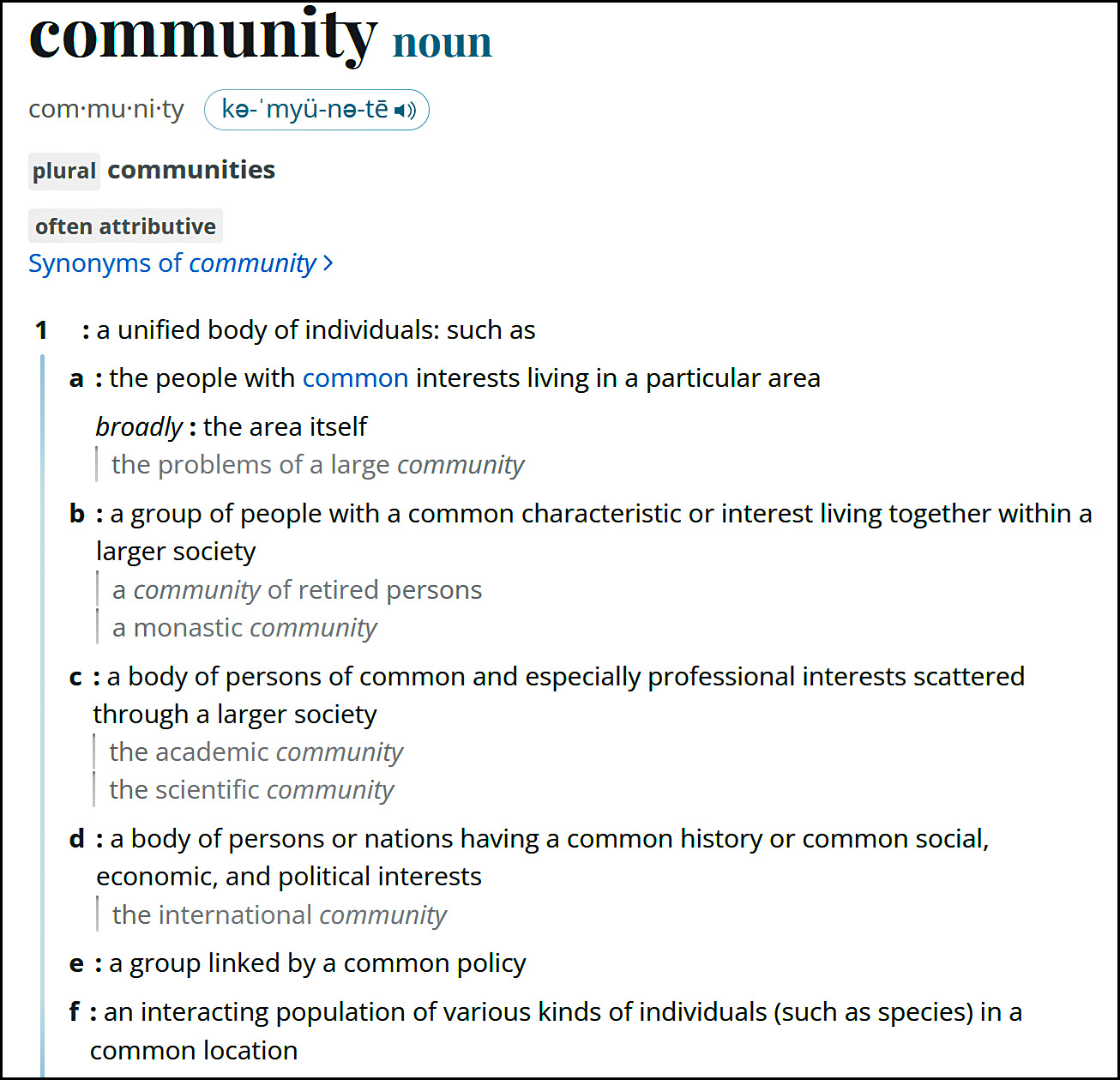 What a judge! Webster's has six separate definitions of community, and four of the six specifically define it as a group of people with common interests but no geographical boundary.
What a judge! Webster's has six separate definitions of community, and four of the six specifically define it as a group of people with common interests but no geographical boundary.
wtf? Did Kacsmaryk seriously think that no one besides him could open a dictionary and look at its definitions? He's not just a hack, he's an idiot. Which, of course, is perfect for the Chamber of Commerce.

